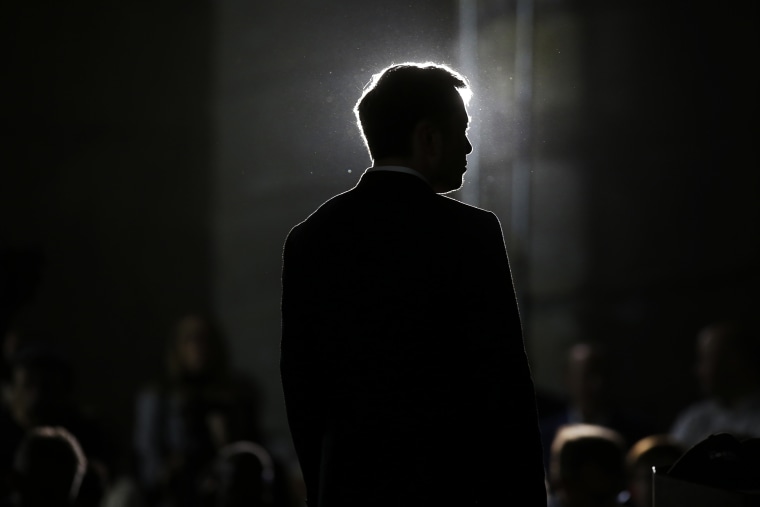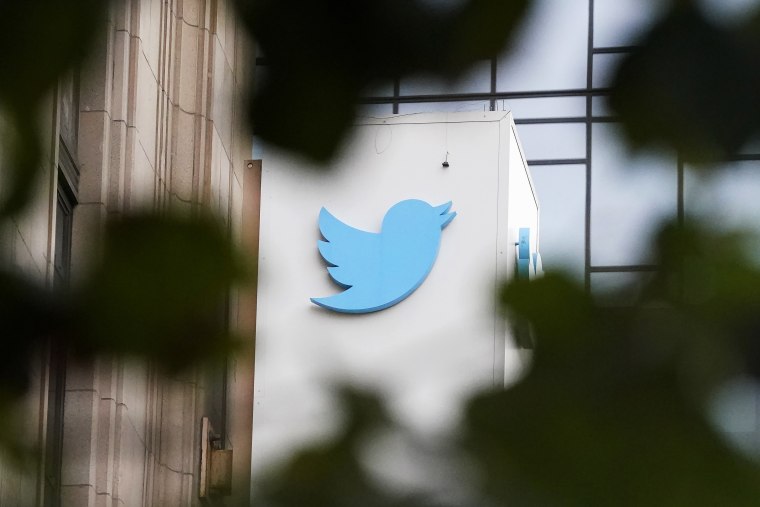Elon Musk says he bought Twitter “because it is important to the future of civilization to have a common digital town square, where a wide range of beliefs can be debated in a healthy manner, without resorting to violence.” But in November, shortly after his purchase of the company was finalized, he laid off Twitter’s accessibility team and thus brought to a halt the company’s plan to launch tools to make Twitter more usable for people with disabilities. In February, Twitter wiped out closed captions for iOS, and such captions don’t work for its Android or desktop versions.
Twitter wiped out closed captions for iOS, and such captions don’t work for its Android or desktop versions.
Those actions show how hollow his commitment to making Twitter a public square is. Historically, Twitter has allowed nonspeaking autistic people who might otherwise be ignored to elevate their voices in dialogues. The platform’s (relatively) low barrier to entry had also helped many people with disabilities, who may not be able to participate in other forms of political organizing, to mobilize around political causes. See the #CripTheVote hashtag for an example. But under Musk, not only has Twitter granted a “general amnesty” to Twitter users who have engaged in racist, homophobic or transphobic rhetoric, but it has also made it more difficult for people with disabilities to engage in the same public square.
In a letter Friday to the Musk, Sen. Ed Markey, D-Mass., correctly argues that eliminating the accessibility team “represents a dramatic and unwelcome shift, one that has already had devastating consequences for Twitter users with disabilities.” Markey asks Musk whether his platform complies with the Americans with Disabilities Act and accessibility regulations under the Federal Communications Commission. Markey also asks Musk whether he will commit to change Twitter’s default setting so users are reminded to use alt-text to describe images, user-friendly closed-captioning, and audio-description tools for videos. All of those changes would make Twitter a much more accessible place.
But Musk has shown little interest in making Twitter more accessible. If anything, he likes to revel in digging into the muck of anti-disability rhetoric, even going back and forth with the right-wing extremist Libs of TikTok account to say a laid-off employee suffered from a “tragic case of adult onset Tourette’s.” With that comment, he elevated one of the worst stereotypes about the syndrome, the one that suggests everybody with Tourette’s engages in uncontrollable swearing, when the most common symptom is involuntary tics that can be incredibly painful.
Almost two years ago, when Musk said on “Saturday Night Live,” “I’m actually making history tonight as the first person with Asperger’s to host SNL,” plenty of people who use the hashtag #ActuallyAutistic let out a collective groan.
First, Musk’s announcement showed how little he has kept up. Over the last 10 years, naming specific permutations of autism has been replaced by the use of the umbrella term “Autism Spectrum Disorder.” Second, the term “Asperger’s Syndrome” specifically has fallen out of favor because of the collaboration of the man it is named for, Hans Asperger, with the Nazis during the regime’s occupation of Austria. Third, Dan Aykroyd, who not only has hosted “Saturday Night Live” but was also one of the most iconic original cast members, identifies as being autistic.
In response, though, autistic people were able to discuss on Twitter their thoughts about one of the world's most publicly visible executives being among us, and they could debate whether his announcement was or was not a step forward for autistic people. Furthermore, autistic people could interact with non-autistic people or non-autistic people could simply observe and read what autistic people had to say. This was public discourse at its best: productive, nuanced and, at times, incredibly funny.
Musk’s actions as the “Chief Twit” have distressed not just autistic people, but also people of all disabilities. For example, one of Markey’s concerns is that Twitter has begun charging a fee for third-party to access its application programming interface, which many worry will make it harder for accounts that create alt-text to survive.

Given how often Musk tweets tongue-in-cheek responses to him, it seems unlikely that he will take Markey’s questions seriously. Musk desperately wishes he were funny, but his actions making Twitter inaccessible are no laughing matter. Contrary to what he has said, Twitter was actually doing a good job of including multiple voices in the “digital town square” before he took over.
He says he cherishes a common town square. He says it’s important for civilization to have one. But a common town square isn’t common if it isn’t accessible to disabled users. Instead of supporting the work Twitter had reportedly already planned to become more accessible, Musk has taken it in the opposite direction. His decisions don’t serve to increase our capacity to debate the issues. They help guarantee that some people will be locked out of those debates altogether.

